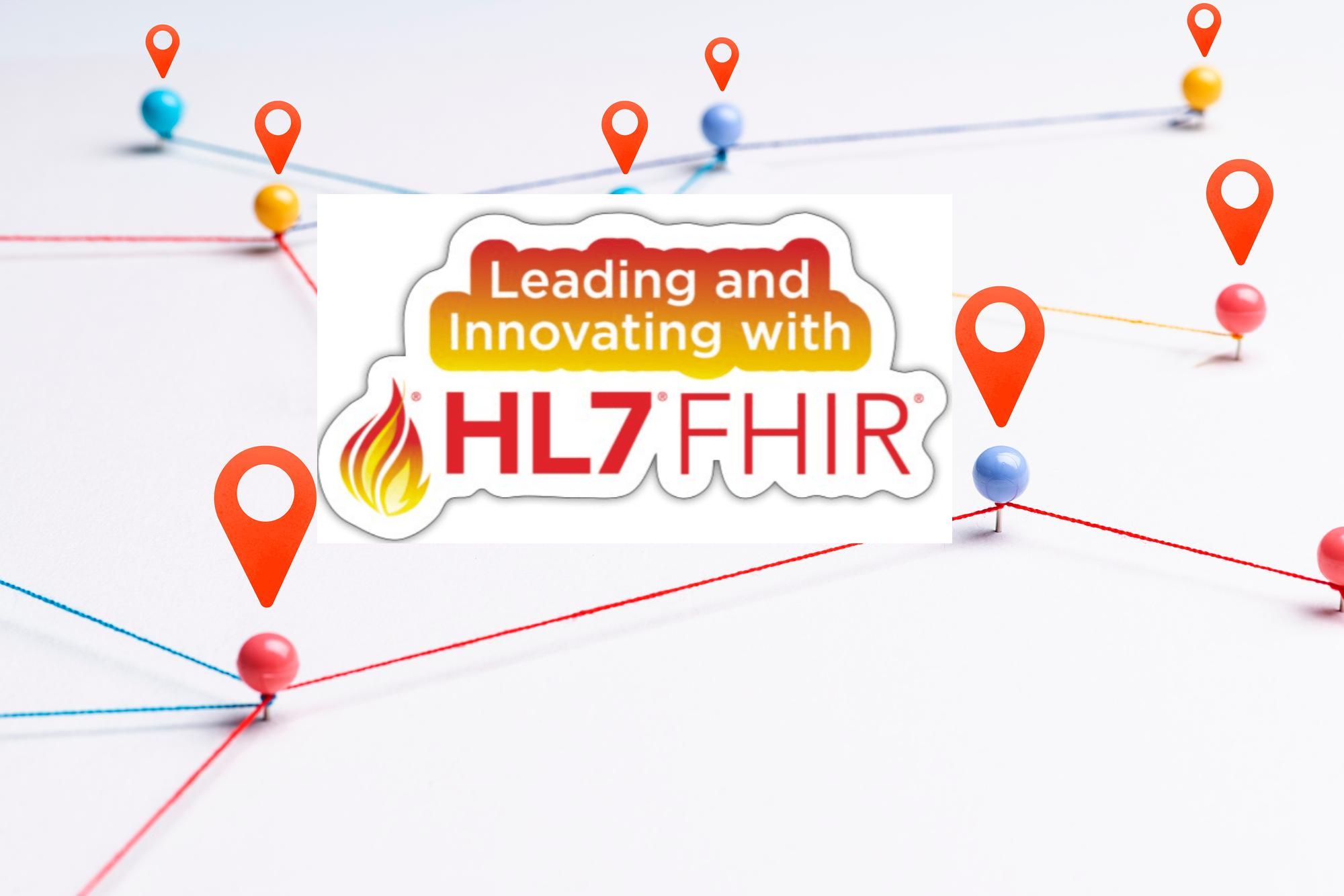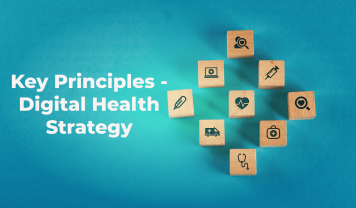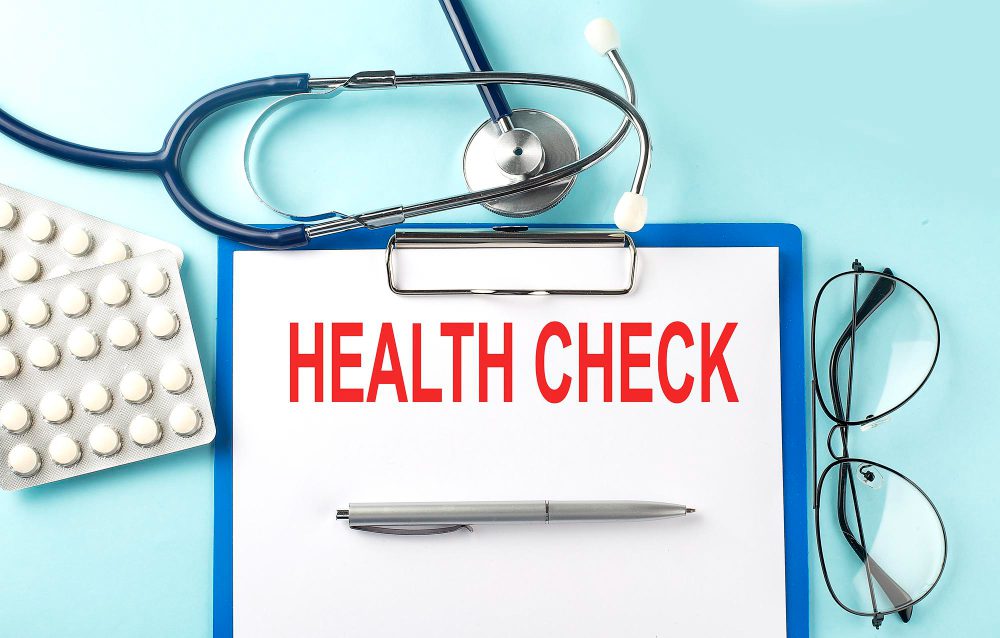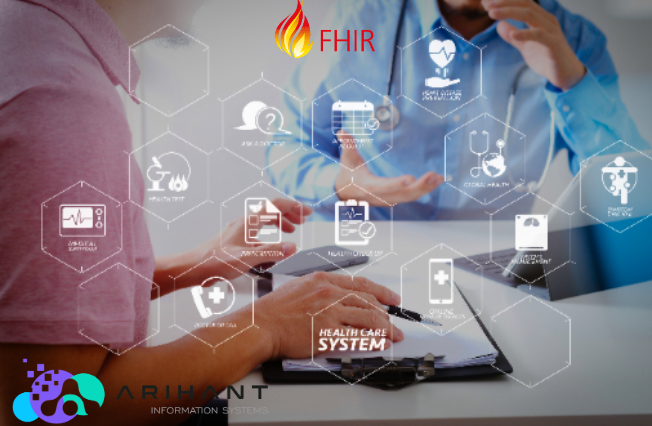Health Level Seven (HL7) is a critical component in modern healthcare systems. It provides a framework for the exchange, integration, sharing, and retrieval of electronic health information. These standards support clinical practice and the management, delivery, and evaluation of health services, which is the heart of interoperability in healthcare. Without HL7, healthcare providers would struggle […]
I. Introduction The digital revolution has hit the healthcare industry like a tidal wave. Among the variety of digital tools that have been developed to transform patient care, healthcare applications are quite possibly the most instrumental. As the construction of these applications plays a leading role in shaping the future of healthcare, understanding the dynamic […]
In the ever-evolving landscape of healthcare, understanding the pivotal role of Health Information Exchange (HIE) is paramount. Achieving seamless interoperability is not just a goal; it’s a necessity for the modern healthcare ecosystem. This article delves into the intricacies of HIE, shedding light on its indispensable contribution to fostering a connected and efficient healthcare environment. […]
The seismic shifts in the healthcare landscape, significantly accelerated by the COVID-19 pandemic, have underscored the critical role of a resilient digital health strategy. As healthcare providers strive to meet the escalating expectations of tech-savvy consumers, it’s become abundantly clear that the initial digital advancements—while valuable—merely scratch the surface of what’s possible and what’s needed. […]
As the healthcare industry evolves, so does the need for accurate and efficient Quality Assurance (QA) in Revenue Cycle Management (RCM). QA is a critical process that ensures the accuracy and completeness of your claims data and is essential for successful claims and refunds. Unfortunately, the current manual processes used for quality assurance in RCM […]
The field of medical coding is one of the most critical and complex areas in the healthcare industry. Accurate coding is essential for several reasons, including ensuring proper reimbursement for healthcare providers, facilitating efficient revenue cycle management, and maintaining compliance with federal and state regulations. However, despite its importance, medical coding can be a challenging […]
Fast Healthcare Interoperability Resources (FHIR) is a revolutionary new standard for exchanging healthcare information electronically. Developed by Health Level Seven International (HL7), FHIR is designed to make it easier for healthcare systems to share data and improve the quality of care for patients. This standard is based on the latest web standards and technologies, making […]
The practice of managing the financial aspects of patient care is known as revenue cycle management (RCM), and it is a crucial part of the healthcare sector. RCM aims to make sure that healthcare providers are promptly and effectively compensated for the services they render. Patient registration, appointment scheduling, claims submission, payment processing, and patient […]














